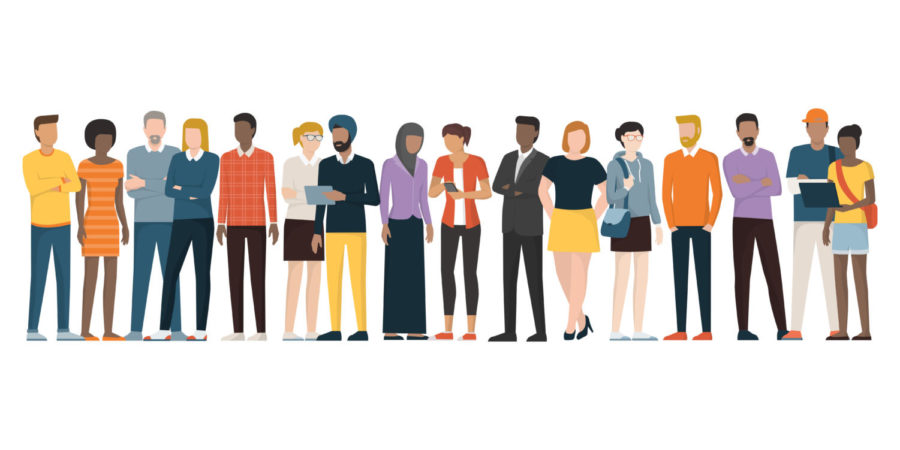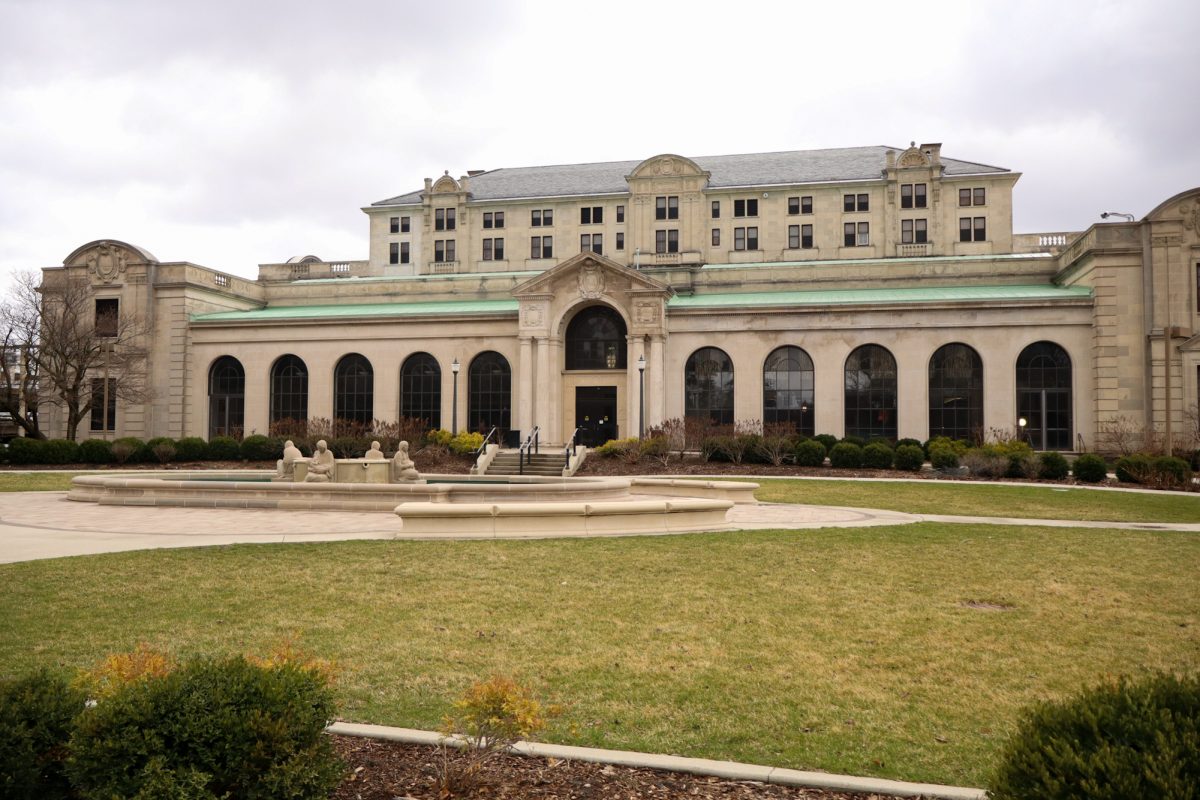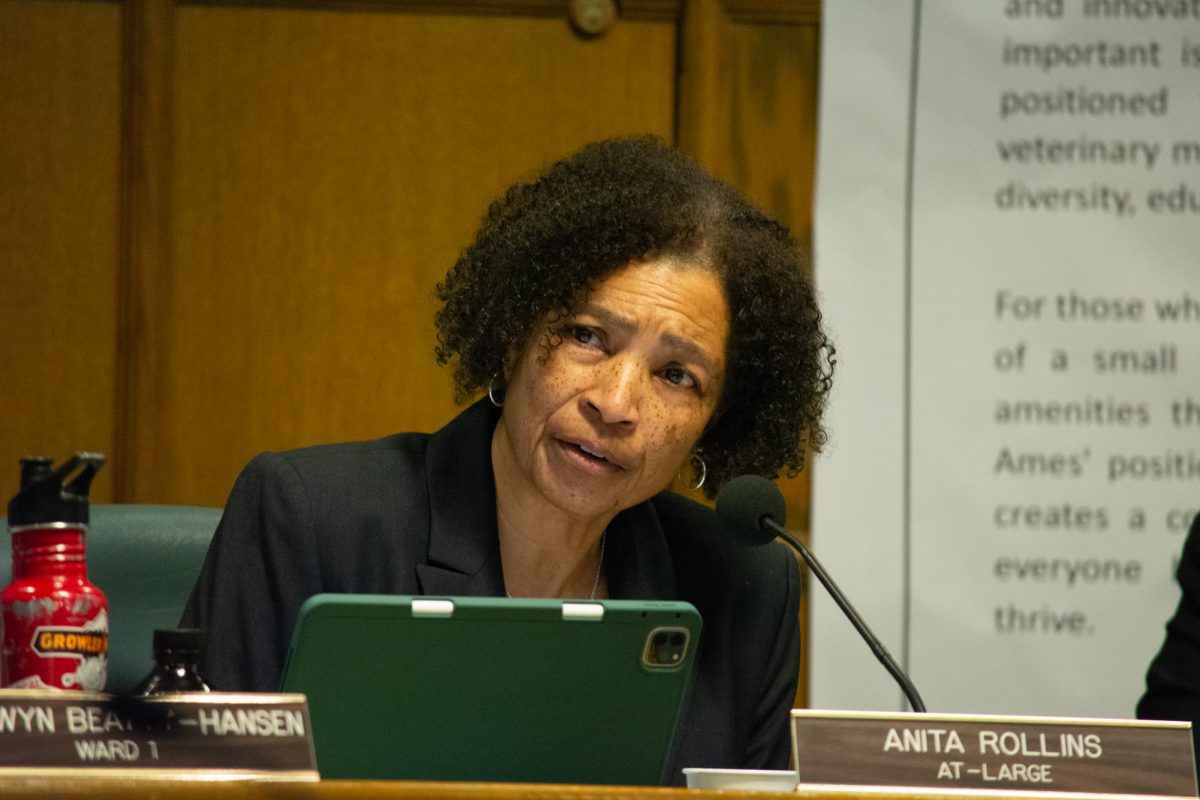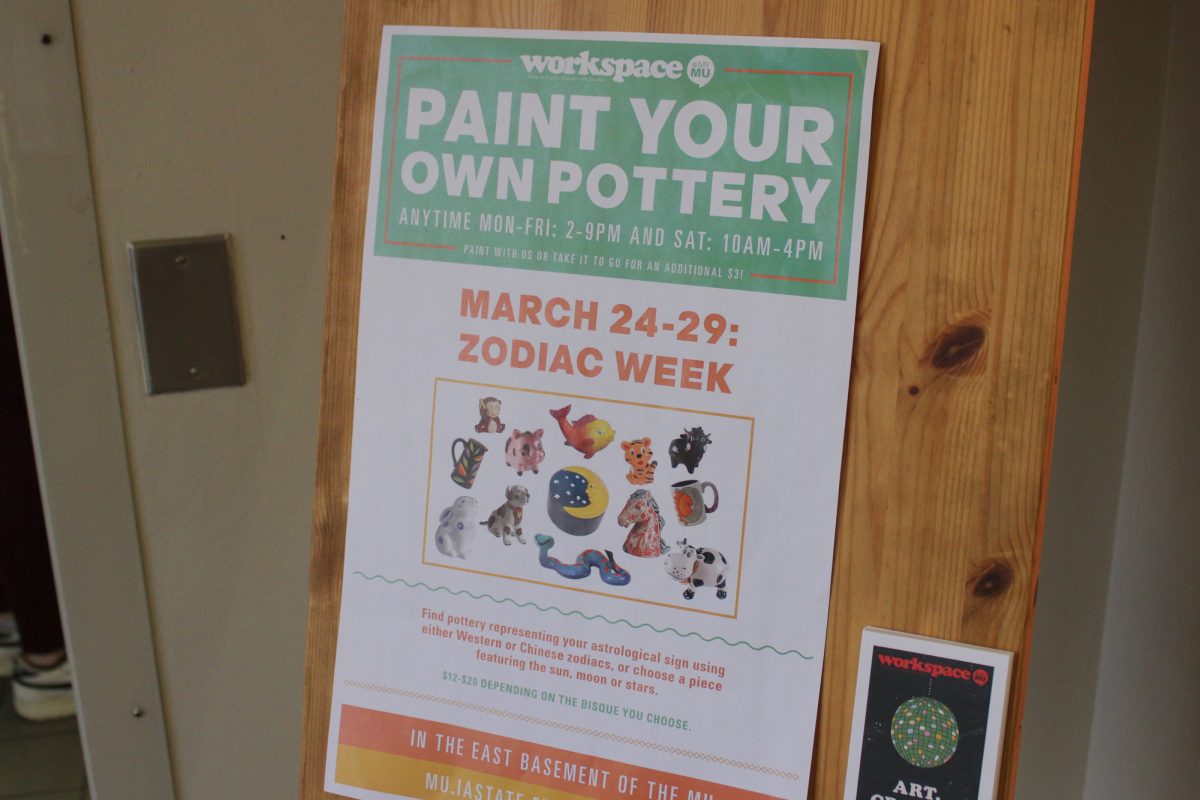Letter: Insight into Critical Race Theory: A Rebuttal
Letter writer and Iowa State graduate student Jorge Luis Galvez Vallejo believes it is important for international students to bring diversity to America, which they can do through sharing their different views, backgrounds and cultures.
March 24, 2019
The respondent to my original letter to the editor (that letter being Intersectionality, Critical Race Theory Serve as Political Ideologies) does not quite grasp the core arguments made in my original piece, and those that she does touch on, are misrepresented.
Before delving into the mischaracterizations, I think it vital to understand the foundation of what two ideologies are at play in this discussion: CRT/intersectionality and individualism. Perhaps deeper, is the barebone ideologies of collectivism vs. individualism in the context of how one views the world and ultimately uses those views to influence whatever policy or rules are in play at any given place. The respondent’s fifth point of her piece describes the “trope” of using MLK’s famous quote concerning his children someday being judged by content of character as opposed to color of skin. This is not a trope. These are his words, perhaps inconvenient to the respondent’s worldview or to those that use arbitrary characteristics to influence not only their worldview but use that worldview in an attempt to control others actions.
Let us look at certain definitions, as defined by various university diversity departments across the county, that do look through the intersectionalities ideological lens. First is racism. Racism, as defined in this ideological lens is a “power plus privilege” dynamic. Only those who possess “power and privilege” can engage in racism. Our second term is “agent of oppression” defined as: members of dominant social groups in the U.S., privileged by birth, who knowingly or unknowingly exploit targets of oppression. Who are agents of oppression? Well, let us use (but certainly not limited to only one example) the University of Southern California’s diversity definition toolkit: heterosexual, white, male, Christian, middle class or owning people, English speakers, citizens or a combination of the list. Targets of oppression are then easy to define, as they possess the opposite characteristics of the agents of oppression. Arbitrary characteristics are, with the intersectional lens (and especially the racial lens), assigned at birth. To those reading this that fit the definition of an agent of oppression, do you exploit others simply because you are something? Are you innately privileged and levied with power by birth? So, let us again ask how judging should occur; content of character or arbitrary characteristics?
The problem with intersectional ideas, and especially intersectional activism, is that this lens is attempting to impose its will unto others. The respondent to my article mischaracterizes my argument in her ninth point, which she says, “deals with the idea of one truth being more relevant than another.” She claims that I am discounting individual experiences of other people and elevating my truth as dominant. Such is not the case, and I have said as much, including in a radio interview last week where I describe individuals can both experience and engage in individual racist actions. The difference between my ideas and those of the respondent, is that I am not looking to impose a collective ideology, while the respondent says that a place like a university should use the intersectional lens, and impose core tenants of their beliefs unto others based on a dichotomy of arbitrary characteristics mentioned, rather than judging the much more complex dynamic of each individual regardless of immutable characteristics, because to the respondent, intersectionality contains “truth.”
My argument, using DiAngelo’s ideas and her position as an educator as an example, is that one should not impose the ideology of “all whites are racist at birth,” as truth and then feel the duty is to teach and impose whites to “check their privilege” on any given perspective, or to explicitly say or imply that certain ideas cannot be discussed by whites, or by males, or by Christians, or citizens, or whatever else because one does not have that collective “experience” of a target group. That mode of thinking, especially in activist circles, holds dire consequences for political debate and discussing political nuance. This allows espousers of intersectionality to discredit arguments from those that disagree, by attributing racist, bigoted, or xenophobic motive to dissenter’s arguments by default, if the dissenter is an “agent of oppression.” After all, intersectional ideals tell us that “agents of oppression” are the only ones that can oppress. Targets of oppression are always the exploited, thus in political circles especially, like I wrote in my first piece, describe how moral authority is attainted. If one subscribes to intersectional ideals, then it would indeed seem “moral” to overthrow your “oppressor.”
There are also ramifications in terms of academic freedom. The respondent to my piece, in her last sentence, claims my arguments made are not only wrong but harmful. This thinking is the exact reason why so many speakers and ideas across the nation on various college campuses and beyond are protested and shut down. On the individual level, many students who are white often feel they will be ostracized or excoriated in class for dissenting intersectional ideals or ideas. Not surprisingly, many of these speakers or students generally hold similar views that I am describing. However, anything that challenges the intersectional rulebook (or has political ideals that are center or even slightly right of center on the spectrum) then the speech is deemed dangerous, not unlike religious heresy, to the “target group.” This is not how the world should operate. Individualism is not an ideology that has centralized rules. Any and everyone is an individual. Intersectional, collective ideology does have rules and those rules are rooted in the immutable. Again, judge not by skin but by the content of character. Color is superficial, easy to see. Content of character is not, it is complex. Categorizing groups of people based on immutable birth characteristics as oppressors and oppressed is lazy ideological policy building and leads to massive socio-political divides that we see in our country today.
Perhaps in another piece, I will delve into the specific examples the respondent wrote concerning historical racism. However, only a finite amount of words are available to me now, although I would welcome a longer discussion with the respondent.
I will close by mentioning how the respondent did not address the arguments I made appealing to those who happen to be white from not feeling guilt or feeling your experiences are less than for your skin color. The respondent did not mention whether she agreed with DiAngelo’s White Fragility premise or DiAngelo’s foundational belief that all whites are racist by birth, and that there is an inherent narcissism in whites believing they are individuals with no accountability to collective racism (DiAngelo 60). The respondent, in mischaracterization of my position wrote, “he seeks to equate these experiences as the same when they are not” in reference to my first piece. That is patently false. That is what DiAngelo believes based on her words, and what intersectionality espouses in the end. I believe the exact opposite. Intersectional theory in 2019 is used as a political activists dream tool. I believe individuals should be individuals, whatever that may mean. Intersectional ideology believes in examining the immutable as most vital. Individualism believes examining the content of one’s character the important factor in any societal judgment.







